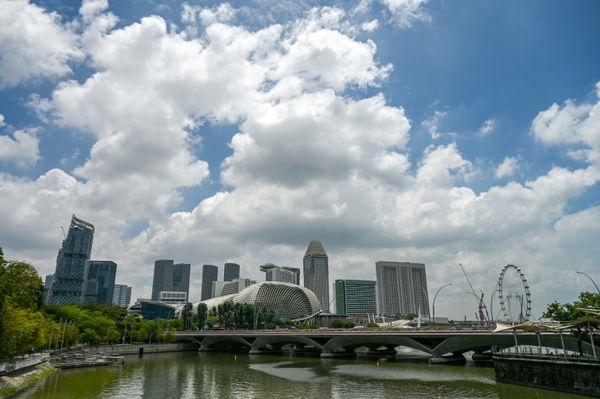
The protests that exploded across Iran following Mahsa Amini’s death in custody in September 2022 were a turning point. The young Iranian-Kurdish woman had been detained by the “morality police” for “improper hijab”. Not only did young women take to the streets and cast off their scarves in fury, but parents and grandparents came too. The protests were strikingly socially diverse. Critically, men joined the cries of “woman, life, freedom”. The regime reacted with predictable fury, killing hundreds and arresting thousands. It succeeded in suppressing the demonstrations. But many women refused to return to obeying the strict dress code.
It was inevitable that the Iranian leadership would strike back. Its quarrel is not only with women’s liberties, but with the precedent set for defiance. It is determined to crush opposition as it crushed the street protests, with a court sentencing a popular rapper to death – not for violence but simply dissent. Toomaj Salehi, courageous in supporting the nationwide protests in 2022, was found guilty of “corruption on Earth”. He had previously been sentenced to six years over his role, before being freed by a court citing a technicality.
The authorities were already trying to redraw the boundaries. Harsh “hijab and chastity” legislation is on its way. Authorities have used traffic camera footage to fine women driving bareheaded or in hats, confiscate their cars or sentence them to morality classes or flogging. Others have been denied access to public transport or banks by officials accusing them of flouting the dress rules. Businesses have been closed for not enforcing the law for employees or customers.
But with international attention focused on the conflict in Gaza and its widening regional repercussions, pressure has suddenly intensified. A brutal new enforcement campaign of the hijab rules was launched on the same day that Tehran launched hundreds of drones and missiles at Israel, in retaliation for its strike on an Iranian facility in Damascus.
The white vans of the morality police are out in force once more. Videos show women and girls being dragged from the streets, and detainees report being beaten and abused. Fresh details of the case of Nika Shakarami, reportedly sexually assaulted and killed by men working for the security forces in 2022, provide further evidence of their brutality. Her family said last week that her sister Aida had just been arrested for breaching the dress code.
Supporters of the jailed Nobel peace laureate Narges Mohammadi said she had sent a message from prison urging Iranians to protest against what she described as a “war against women”. States rely on terror when they lack legitimacy. But it appears that at least some parts of the regime worry that hijab enforcement is inflaming the public mood. In several of the videos of women being detained, crowds of bystanders can be seen protesting.
Iranians know that they are facing ruthless and intransigent rulers. Some women who had given up the hijab, or interpreted dress rules much more loosely, have begun to cover themselves again. But the battle over the dress code represents the fundamental contradiction between a corrupt, brutal and ageing hardline regime and the young people it controls, who long for social and political freedoms as well as desperately needing a brighter economic future. Though the cries on the streets of “woman, life, freedom” have been stifled, their echoes will continue to be heard.
Do you have an opinion on the issues raised in this article? If you would like to submit a response of up to 300 words by email to be considered for publication in our letters section, please click here.







